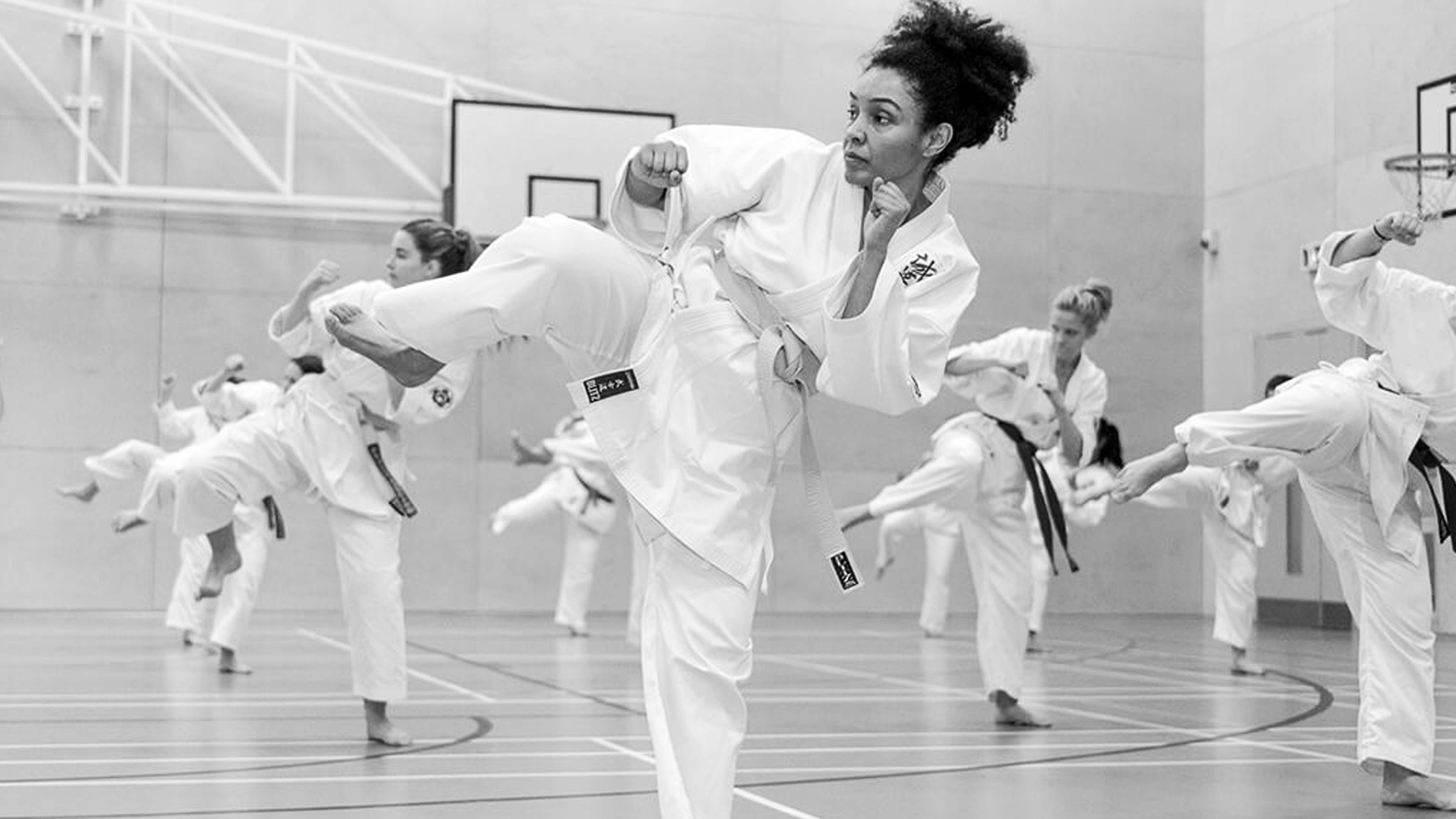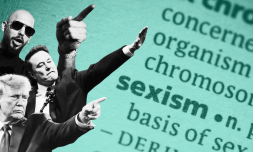A demand for self-defence is the product of cultural self-blame.
If you’re a woman, you’ve probably walked alone with your keys between your fingers at least once. Your heart rate has quickened when you hear someone approaching from behind after dark. You’ve pretended to take a phone call when heading home at night.
These small rituals may sound overblown to a cisgender man, but they’ve become an unwelcome mainstay of womanhood. And it turns out they’re no longer enough, either.
A new report has found that nearly half of women in the UK (47%) are spending money either on therapy or self-defence classes largely due to safety concerns. It’s a strange thing, to live in a country where personal safety has become something women squeeze into their personal calendars alongside pilates and dinners.
The reasons are hardly surprising. You only need to skim a few headlines to see the justification. In London, reports of muggings, assaults, and public harassment have become grimly routine. The BBC recently reported more calls for self-defence training in schools, citing fears of rising attacks on women in urban areas.
In Bournemouth, martial arts instructors have been adapting traditional Chinese techniques specifically for women after a surge in demand. And on Reddit, women are trading tips on the best self-defence programs like they’re shopping for a new hobby. When searching for safety becomes a lifestyle category, something has gone very wrong.
Of course, there are real, tangible benefits to these classes. They build muscle memory, sharpen instinct, and for many women, offer a rare sense of agency in a world that constantly chips away at it. Therapy, too, plays an important role. It helps process trauma, manage anxiety, and reclaim control.
UK sees a 37% increase in violent crimes against women and girls over five years. Ladies Self-defence Instructor, Sensei Chelle, shares some essential safety tips that can empowering women with the skills to protect themselves. pic.twitter.com/jDNyfhDdDP
— GB News (@GBNEWS) April 6, 2025
But none of this is free. Most self-defence programs charge between £60 and £200 for a course, and therapy can set you back around £100+ a session in many clinics.
The original report states that 78% of women in the UK worry about travelling alone in the dark for fear of being followed (54%) or attacked (50%).
E-J Roodt, co-founder of Epowar – the platform that commissioned the research – said: ‘This growing fear amongst women is having both a mental and financial impact.
‘Our research has revealed that the majority of women in the UK are relying on a text or a call from a friend to know they’re safe, even though a large portion (a third) never hear back. What this doesn’t do is provide women with the real protective measures and evidence that’s needed to prevent violence.’




















